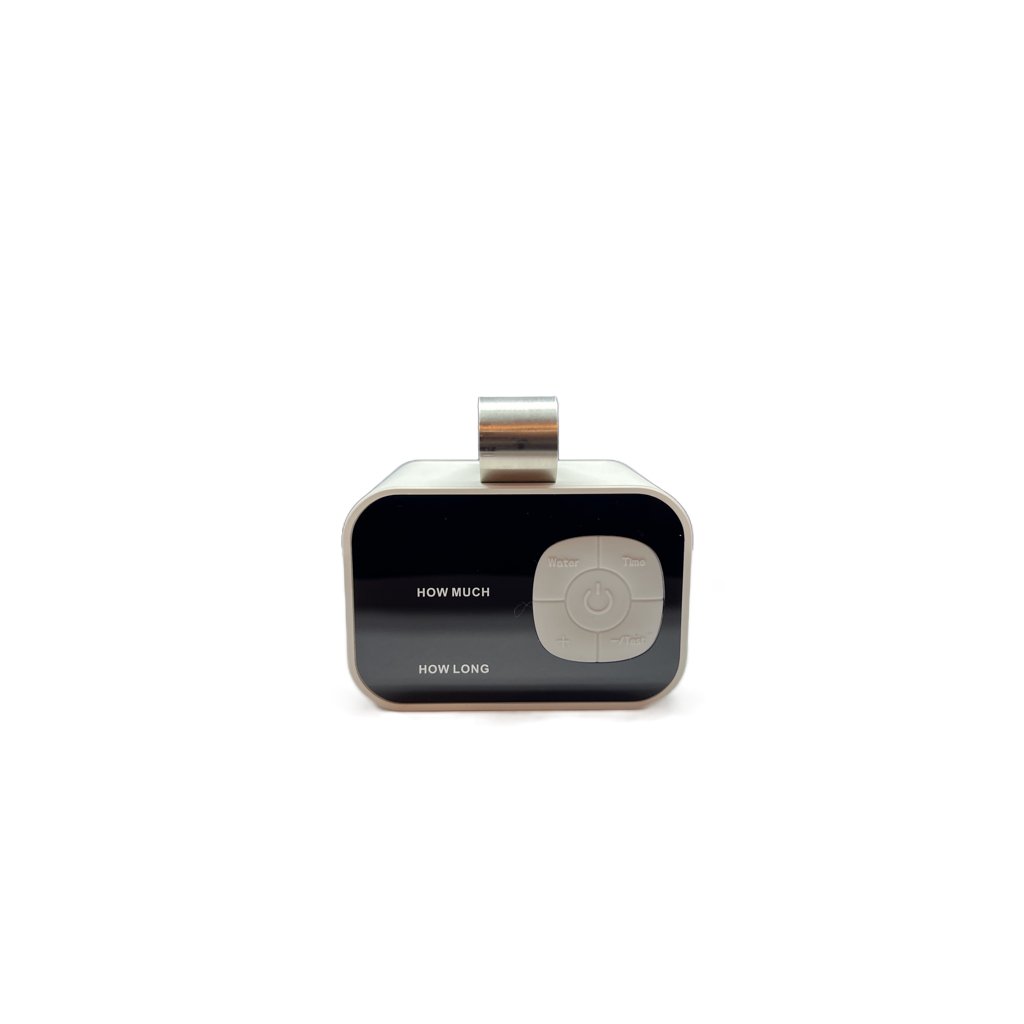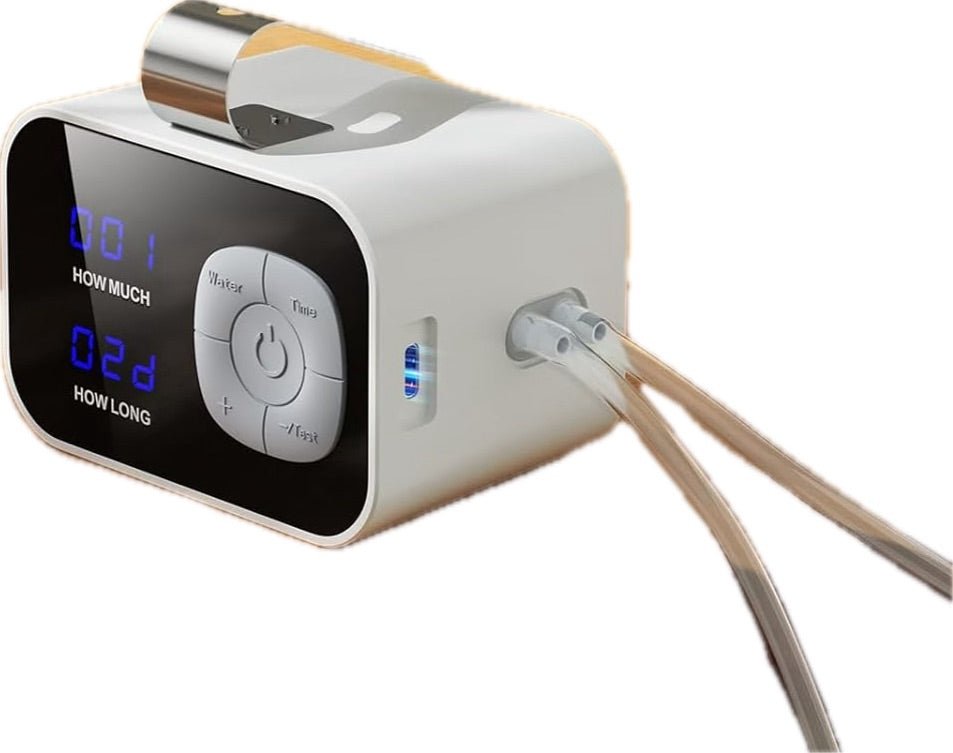Keep Your HVAC System Running Smoothly: Tips for Cleaning Your HVAC Drain Line
Share
Introduction:
Your HVAC drain line plays a crucial role in maintaining the efficiency and functionality of your heating and cooling system. A clogged drain line can lead to malfunctions and water damage, but with regular maintenance, you can keep it running smoothly. In this guide, we'll walk you through the steps to clean your HVAC drain line effectively and introduce a hassle-free solution for ongoing maintenance.
1. Flush the Drain Line with Vinegar:
- Begin by pouring a cup of vinegar down the drain line. Vinegar's natural cleaning properties help dissolve clogs and buildup that may be obstructing the line. Allow the vinegar to sit for about 30 minutes before flushing the line with water to remove any remaining debris.
2. Use a Drain Snake (if needed):
- If the vinegar flush doesn't clear the clog, consider using a drain snake. This flexible tool can break up stubborn clogs and restore proper drainage. Insert the snake into the drain line and maneuver it carefully to dislodge any blockages.
3. Consider AC Drain FLO for Hassle-Free Maintenance:
- For ongoing maintenance and prevention of clogs, consider using AC Drain FLO. This innovative solution automatically dispenses vinegar into your HVAC drain line at regular intervals, keeping it clear and free of buildup without the need for manual intervention. Simply install AC Drain FLO and enjoy hassle-free maintenance year-round.
4. Tips for Preventing Clogs:
- Regularly flush the drain line with vinegar to prevent clogs from forming.
- Keep the area around the drain line clean and free of debris.
- Schedule regular inspections with a professional HVAC technician to identify and address any potential issues before they escalate.
Conclusion:
Cleaning your HVAC drain line is essential for maintaining the efficiency and longevity of your heating and cooling system. By following these simple steps and considering the use of AC Drain FLO for hassle-free maintenance, you can ensure that your HVAC system operates smoothly and efficiently year-round, while minimizing the risk of water damage and costly repairs.
Your HVAC drain line plays a crucial role in maintaining the efficiency and functionality of your heating and cooling system. A clogged drain line can lead to malfunctions and water damage, but with regular maintenance, you can keep it running smoothly. In this guide, we'll walk you through the steps to clean your HVAC drain line effectively and introduce a hassle-free solution for ongoing maintenance.
1. Flush the Drain Line with Vinegar:
- Begin by pouring a cup of vinegar down the drain line. Vinegar's natural cleaning properties help dissolve clogs and buildup that may be obstructing the line. Allow the vinegar to sit for about 30 minutes before flushing the line with water to remove any remaining debris.
2. Use a Drain Snake (if needed):
- If the vinegar flush doesn't clear the clog, consider using a drain snake. This flexible tool can break up stubborn clogs and restore proper drainage. Insert the snake into the drain line and maneuver it carefully to dislodge any blockages.
3. Consider AC Drain FLO for Hassle-Free Maintenance:
- For ongoing maintenance and prevention of clogs, consider using AC Drain FLO. This innovative solution automatically dispenses vinegar into your HVAC drain line at regular intervals, keeping it clear and free of buildup without the need for manual intervention. Simply install AC Drain FLO and enjoy hassle-free maintenance year-round.
4. Tips for Preventing Clogs:
- Regularly flush the drain line with vinegar to prevent clogs from forming.
- Keep the area around the drain line clean and free of debris.
- Schedule regular inspections with a professional HVAC technician to identify and address any potential issues before they escalate.
Conclusion:
Cleaning your HVAC drain line is essential for maintaining the efficiency and longevity of your heating and cooling system. By following these simple steps and considering the use of AC Drain FLO for hassle-free maintenance, you can ensure that your HVAC system operates smoothly and efficiently year-round, while minimizing the risk of water damage and costly repairs.







